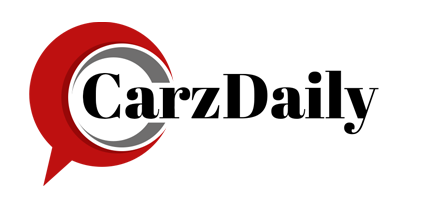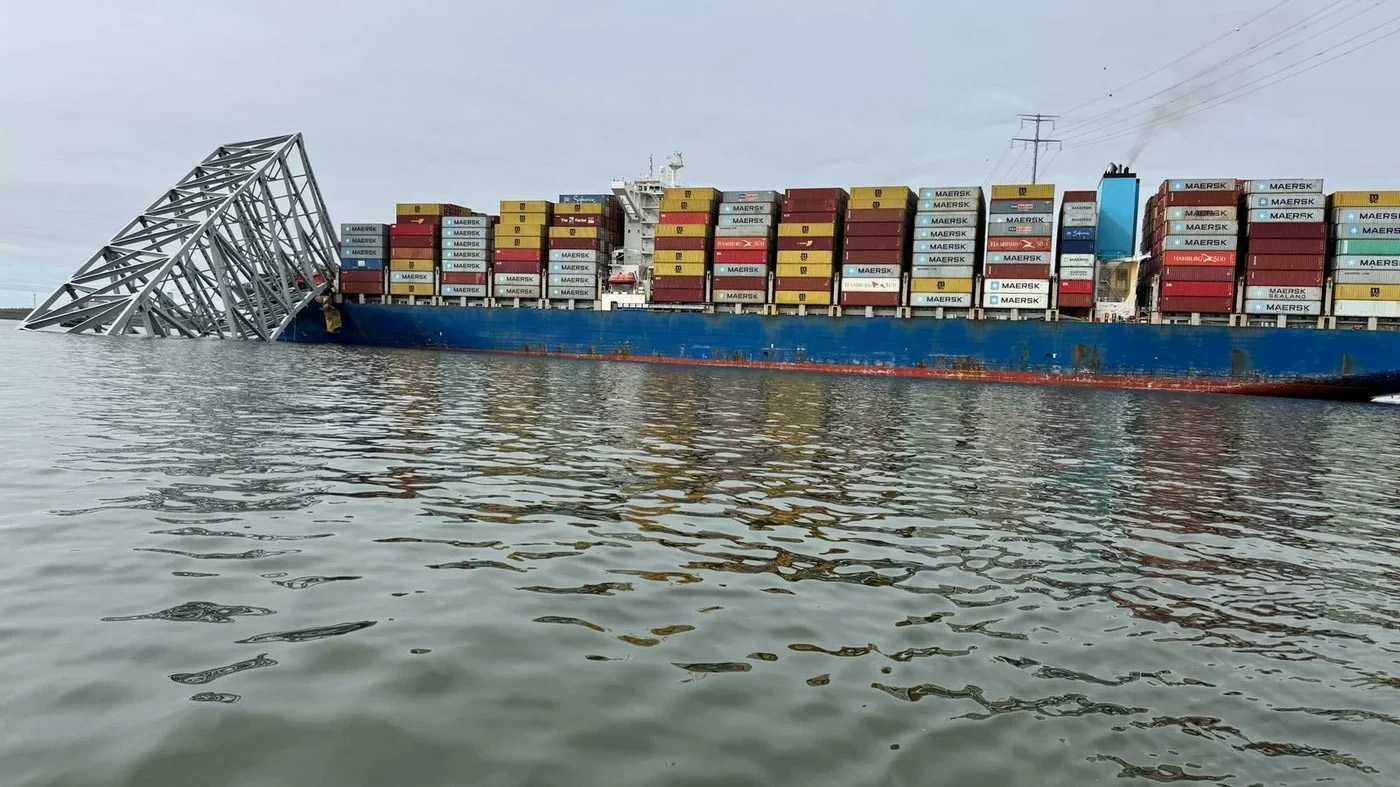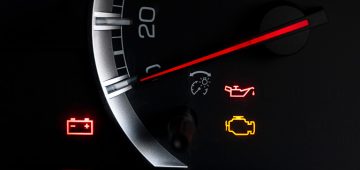Shipments of automobiles in the United States are facing potential disruptions following the collapse of the Francis Scott Key Bridge in Baltimore. The closure of the busy port in the aftermath of the incident has led to Ford and General Motors announcing their plans to divert shipments to other ports along the East Coast or elsewhere in the country.
Ford’s CFO, John Lawler, stated that the automaker is working on finding workarounds to ensure minimal impact on its operations. The company has already secured shipping alternatives to mitigate the disruptions caused by the bridge collapse. Similarly, General Motors expects minimal impact on their operations but is also rerouting vehicle shipments to other ports while the recovery work is ongoing.
Other automakers, such as Toyota, Jaguar Land Rover, Volkswagen, Volvo, and Nissan, are also closely monitoring the situation. While some minor impacts are expected, they are working to assess the longer-term effects of the disrupted supply chain and are considering potential countermeasures to mitigate any significant disruptions.
Experts in the field of supply chain management are anticipating weeks of disruption as companies adjust their shipping logistics and land-based infrastructure to accommodate the diversion of shipments. The automotive industry has become more resilient since the pandemic, with dealers having more inventory available, particularly for electric vehicles.
However, the impacts of the bridge collapse could still lead to constraints in the availability of certain models and temporary slowdowns in production for some car factories awaiting alternative shipping arrangements. The agriculture sector, especially farmers purchasing imported equipment, is also facing potential disruptions as a result of the closure of the Port of Baltimore.
The collapse of the bridge in Baltimore and the subsequent closure of the busy port for automobile shipments are not only affecting the supply chain in the United States but could also have repercussions for the automotive industry in Canada. Given the interconnected nature of the automotive sector between the two countries, disruptions in the shipping of vehicles and parts through the Port of Baltimore could impact Canadian automakers and dealers.
Canadian automotive companies that rely on imports and exports through the Port of Baltimore may need to find alternative shipping routes or ports to ensure a smooth flow of their products. This could lead to delays in the delivery of vehicles to dealerships and potentially affect the availability of certain models for Canadian consumers.
Additionally, disruptions in the supply chain resulting from the closure of the Port of Baltimore may also impact Canadian suppliers of automotive parts and components. Any delays in receiving necessary materials could hamper production schedules for Canadian automakers, leading to potential slowdowns in assembly lines and production output.
Thus, the bridge collapse in Baltimore is not only a concern for the U.S. automotive industry but also raises challenges for Canadian automotive companies that rely on shipments through the affected port. As the situation unfolds, manufacturers and suppliers on both sides of the border will need to closely monitor developments and adapt their logistics strategies to mitigate the impacts of the disrupted supply chain.






